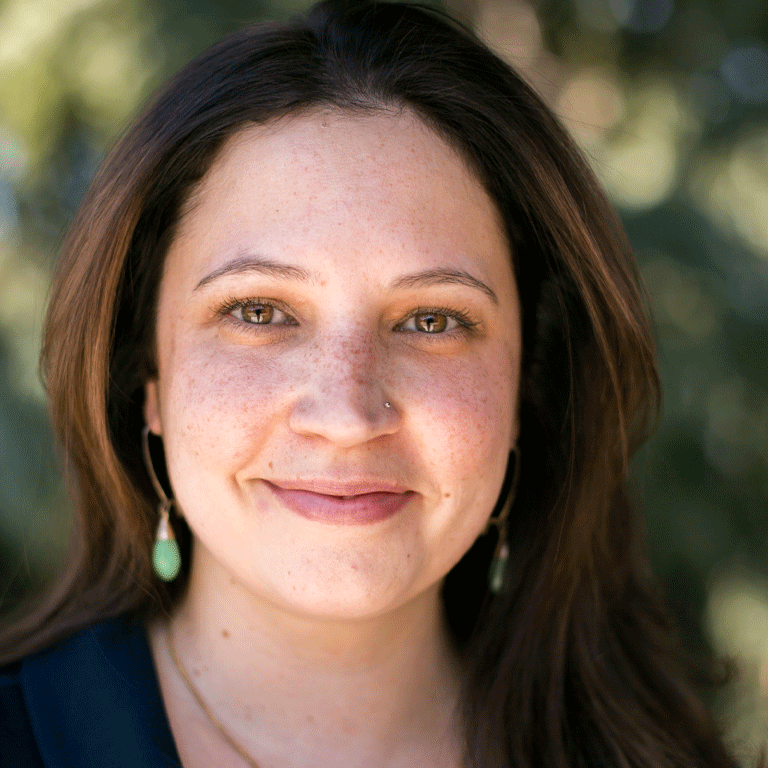Education isn’t a one-size-fits-all endeavor. What works well in one academic setting isn’t necessarily going to work as well in another. Often, education science relies upon single researchers or a small research team building relationships with a particular school district or university system, limiting these opportunities to researchers who are well connected or well funded and focusing narrowly on their research interests.
Mary Murphy, Indiana University Herman B Wells Endowed Professor of Psychological and Brain Sciences, is part of a panel discussion at the SXSW EDU® Conference and Festival this year. She’ll share ideas about the future of research and development in education and how to make education research and, ultimately, education itself more equitable and inclusive through shared infrastructure and culture change.
“Education research has been subject to a fad cycle, where a prominent researcher will have a great finding of an intervention that seems to help, and it’s published in a high-impact journal and suddenly everyone wants to do whatever it is,” Murphy said. “It’s scaled everywhere, but unsurprisingly, it doesn’t work everywhere, so what happens? It’s set aside as ‘not working’ and a new fad is picked up. We need to build an infrastructure that everyone can use to democratize education science and understand heterogeneity as an important core phenomenon.”
Murphy hopes many different schools and university systems will be part of this new infrastructure to test theories across a broader spectrum of educational institutions and to provide more reciprocal, interdependent relationships between scholars and practitioners, teachers and administrators. Such an infrastructure would allow researchers to build relationships with educational institutions and each other they wouldn’t otherwise have been able to access.
Murphy’s panel discussion will also touch on the need for a culture shift in education since many educational environments were not created with the majority of current college-going students in mind. Today’s student body is made up of a mix of first-generation students, transfer students, students from financially stressed backgrounds and students from racial and ethnic minority groups alongside their more structurally advantaged peers.
“I want people in education science to take a different tack than common deficit models that locate problems within students themselves and focus more on the environment and the culture creators. Whether those culture creators are teachers, faculty or administrators and staff, they create the learning environment surrounding students. We need to shift the structures, policies and practices at our universities to make them more inclusive for students,” Murphy said. “In addition to arming students with ways to navigate environments that were not created for them, let’s change the actual culture that surrounds them.”
Murphy and colleagues at six other colleges and universities recently tested the significance of culture change in educational environments through the Student Experience Project. The researchers worked with more than 300 STEM faculty at their institutions to shift the culture of the learning environment in their classrooms by changing some of their teaching practices—their first day of class lectures, their grading policies and practices, the way they responded to student questions, and how they prepared and debriefed students after exams. These subtle changes to aspects of teaching that most faculty already do were relatively low lifts for faculty but substantially changed students’ experiences, motivation, and performance in class.
They found significant increases in students’ psychological experiences, such as their sense of belonging, identity safety and trust. There were also gains in terms of grades, with more students in these classes likely to get an A or B, with the largest gains coming from structurally disadvantaged students, in particular women who were Latina, Black or Native American.
Murphy is also in the process of starting the nation’s first Equity Accelerator at Indiana University. Its mission will be to use research, practice and policy to create more equitable learning and working environments, from college to careers.
Murphy’s talk, Infrastructure for the Future of Education R&D, will be March 7, 2022 at 3:30pm at the SXSW Edu Conference in Austin, Texas. The conference brings together the learner, the practitioner, the entrepreneur, and the visionary to share their groundbreaking stories, tackle complex issues and build reimagined paths forward.


